Five-Star Future: 5 Changes in Store for Your Next Luxury Hotel Stay
Private and ultrasafe, here are the new precautions and innovative adaptations that upscale properties are using to redefine the hotel experience
Private and ultrasafe, here are the new precautions and innovative adaptations that upscale properties are using to redefine the hotel experience
When COVID-19 first put the world on hold, the hospitality industry was placed in an unprecedented position—global consultancy McKinsey & Company estimates that hotel revenue in the United States fell by 53 percent in 2020. While demand is slowly increasing once again, the way in which we choose to travel, and where we opt to stay, is set to be quite different. So, what will that mean for your next visit to a luxury hotel?
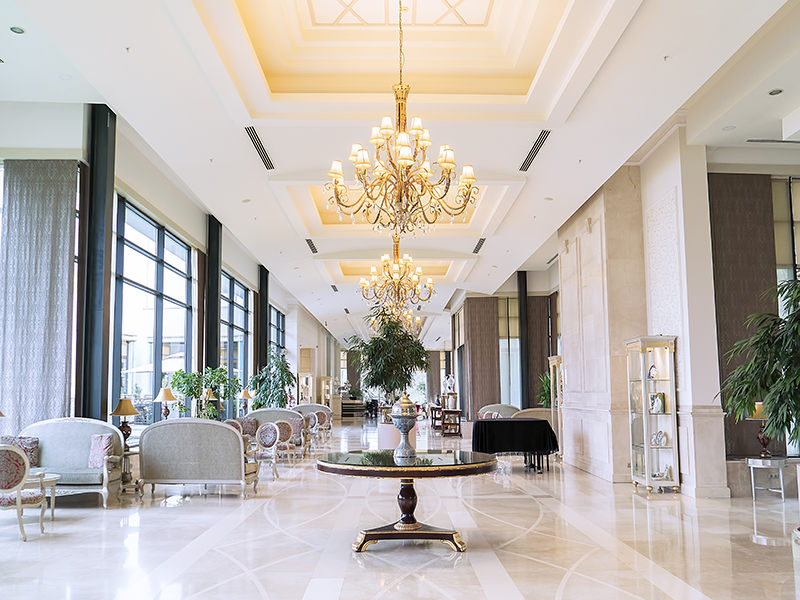
Almost every hospitality industry insider we spoke to agreed: you’ll notice a new array of enhanced safety standards. Among those providing guests with added assurance is InterContinental Hotels Group, which has launched its IHG Clean Promise. “The future of travel may look different,” says CEO Keith Barr, “but a safe, secure stay is fundamental to deliver true hospitality—and that will never change.”
And those safety standards extend far beyond increased sanitization, as top hotels are embracing increasingly creative solutions to the challenges they face. Here are five you can expect to see now.
Privacy and space are two key priorities on travelers’ wishlists. To meet these demands, more properties are offering “buyouts,” allowing guests to book entire floors of an establishment—or even the entire property—for their exclusive use.
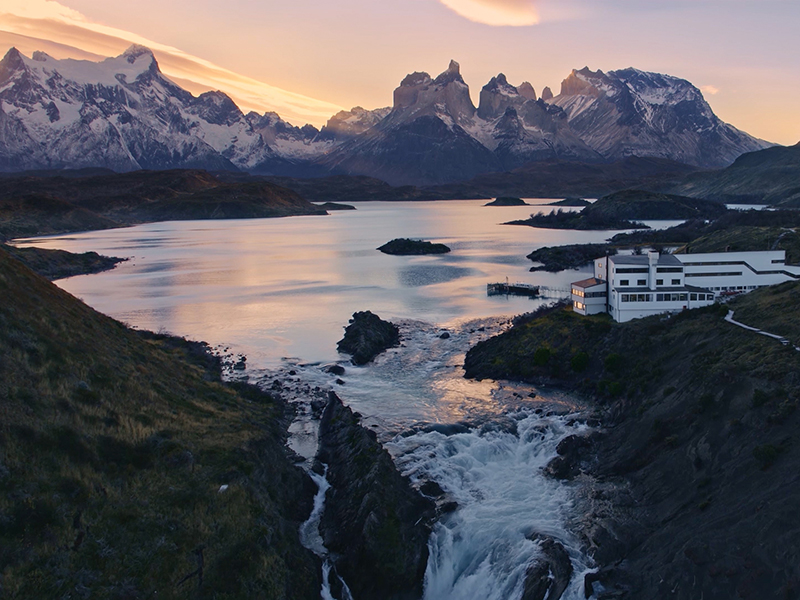
Over in Africa, Wilderness Safaris embraces the same concept by making several of its safari camps available for exclusive buyout. From Botswana to Zimbabwe and Rwanda, these camps provide a personalized service to you and your chosen travel companions, while offering the privilege of being in an area of extraordinary natural beauty.
André Balazs—owner of properties including West Hollywood’s Chateau Marmont, New York’s Mercer, and London’s Chiltern Firehouse—recently announced the introduction of a private hotel concept that will offer ownership in a curated portfolio of properties. In the next year or so, Balazs will begin the transition of turning Chateau Marmont into a members-owned hotel, where members own shares in the property, before expanding the concept to areas like Milan, Paris, and Tokyo.
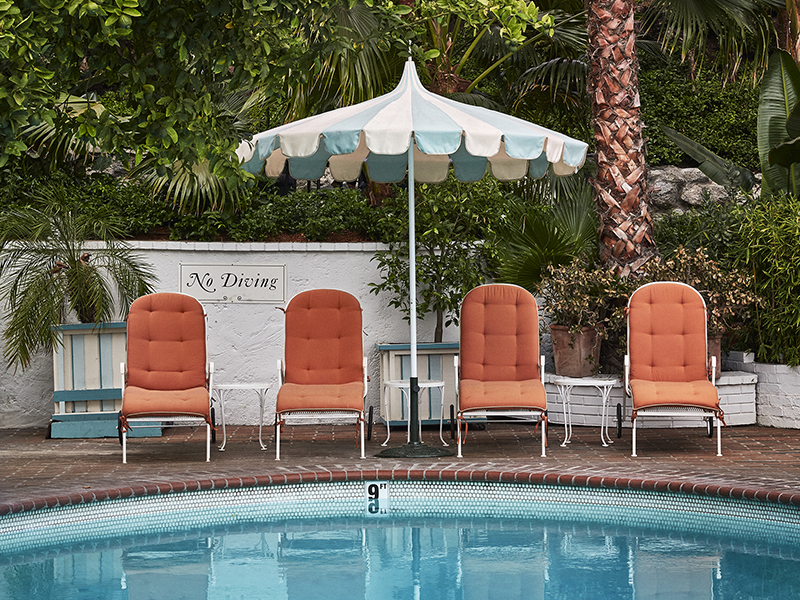
The decision to make this transition, Balazs says, is one he’s been considering for a number of years but was accelerated by the pandemic. He points to the fact that his properties are now hosting more long-term guests and that, during the COVID-19 era, travelers—many of whom are wary of mingling with strangers—welcome staying at properties that offer privacy along with a sense of familiarity. By owning a piece of the portfolio, guests will also enjoy services such as private dining, dedicated staff, and the ability to leave their belongings as they come and go.
The solution to some of the challenges hotels face lies in digital innovation. By developing digital platforms, hotels are able to increase guests’ safety while also enhancing their experience. For example, Four Seasons has harnessed the capabilities of its Four Seasons App. The app limits face-to-face interactions, while ensuring that guests still receive the same level of service—albeit via a virtual check-in or a real-time conversation with the concierge.
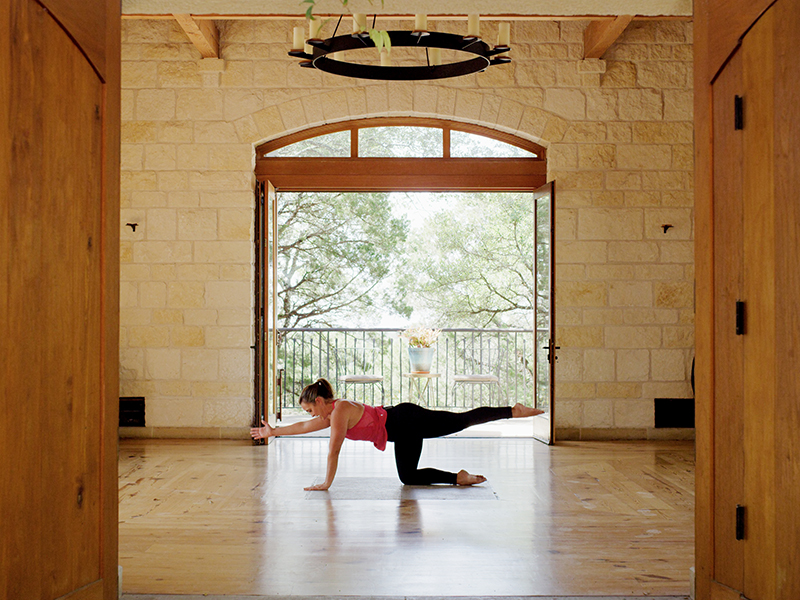
Focusing on guest wellness, Hyatt has introduced its new Hyatt Together digital platform, which features well-being experiences for the body and mind. Guests and members can access enhanced video content on culinary, physical fitness, and mindfulness themes—whether at home or in the hotel—and, as part of the group’s collaboration with Headspace, in-room meditation is also on offer.
“Working remotely doesn’t necessarily have to mean working from home,” says Stephanie Linnartz, group president of consumer operations, technology, and emerging businesses for Marriott International. The group recently announced its new Work Anywhere with Marriott Bonvoy program, with a Day Pass, Stay Pass, and Play Pass combining work with leisure time.

“At home, the lines can blur between personal and professional lives, which can create distractions and stress,” Linnartz adds. With this in mind, Marriott has reimagined its hotel rooms as remote workspaces that allow guests to work uninterrupted, and then offer the space to relax with a cocktail after business hours.
Similarly, Four Seasons is also catering for workers no longer confined by location. The hotel group’s Extend Your Stay package offers additional benefits to guests who want to stay and work from its properties for a month or more, such as a personal concierge.
Although robots started making their appearance in hotels several years ago, the concept has now found greater purpose—so much so that, in October, the Hotel of Tomorrow project led by The Gettys Group named service robots one of five “hospitality concepts with great potential.”
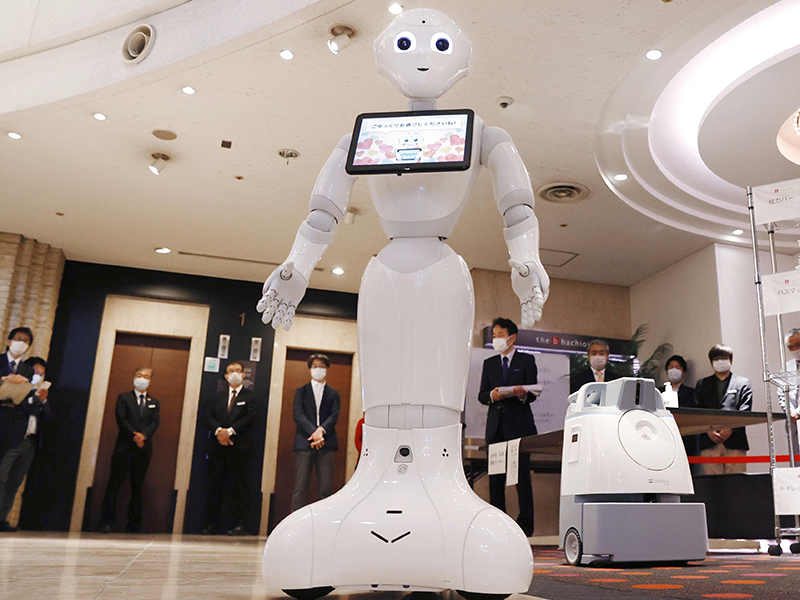
Several Marriott and Hilton hotels across California have been among those embracing the trend, using robots for minimal-contact guest service. For example, Marriott’s Hotel Trio Healdsburg no longer sees the main purpose of its resident robot, Rosé, as entertaining guests. Instead, she now delivers room amenities and is the property’s unofficial social distancing ambassador. As general manager Scott Satterfield explains, “In a world that is prioritizing contactless interactions, Rosé can provide some peace of mind.”
Banner image: A private villa at Four Seasons Resort Nevis